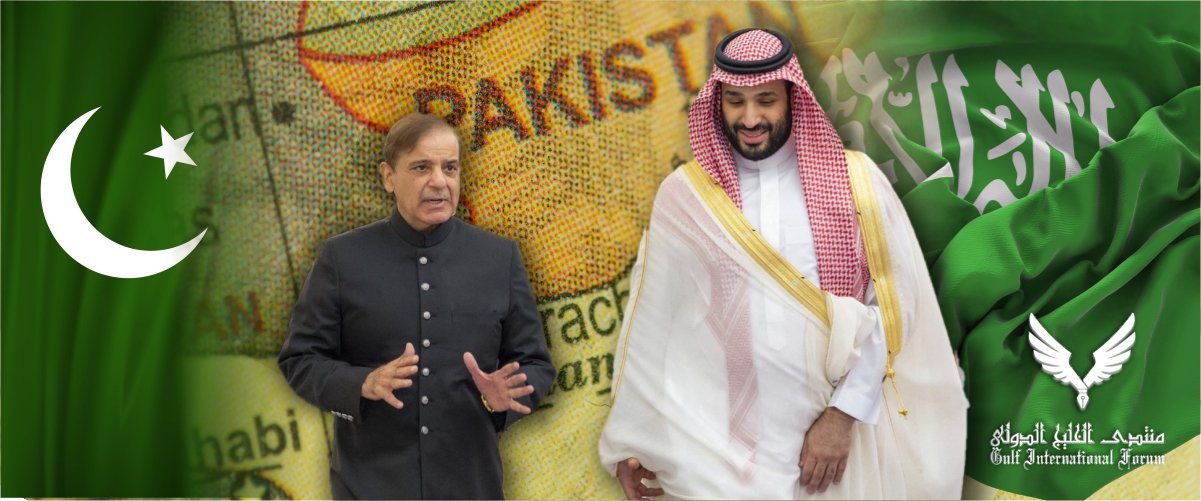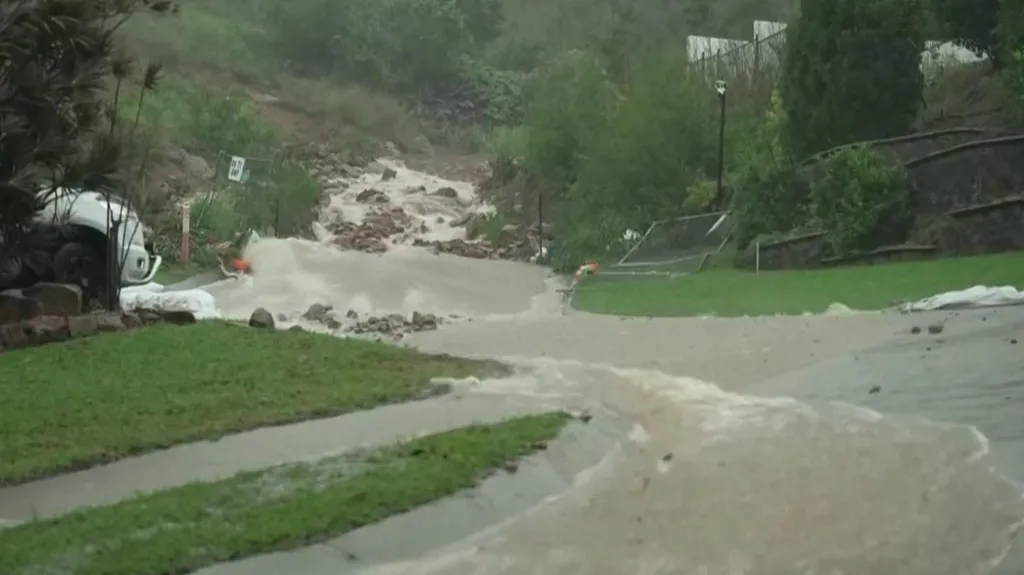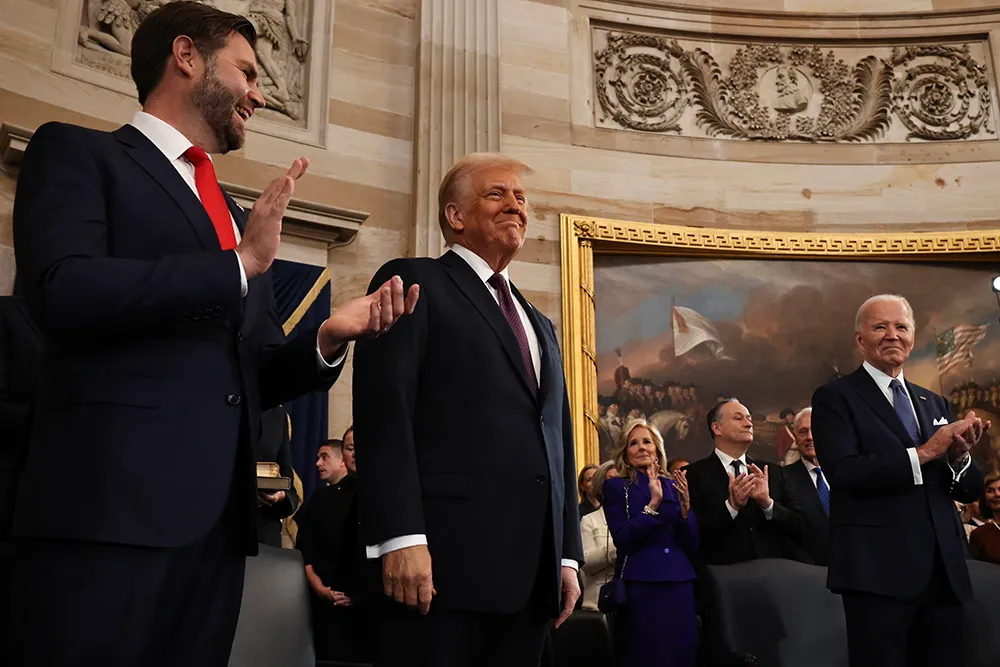On Sunday, Ukrainian President Volodymyr Zelensky appealed to the outgoing US administration under President Joe Biden to help convince NATO members to invite Ukraine to join the alliance, as the war with Russia enters a new and unpredictable stage. Ukraine hopes to secure an invitation at a NATO meeting in Brussels this week, as the conflict approaches its third anniversary and Russia continues to make advances on the battlefield.
Speaking in Kyiv alongside Antonio Costa, the newly appointed president of the European Council, Zelensky acknowledged that some NATO members are hesitant to extend an invitation to Ukraine, given the alliance’s commitment to mutual defense if one member is attacked. However, with only two months left in Biden’s presidency, Zelensky stressed that the US still has influence over European allies who remain skeptical.
Zelensky’s appeal comes as former US President Donald Trump, who is set to take office again in January, has criticized the scale of US support for Ukraine and promised to end the war quickly—though without providing a clear plan.
As Russia continues to make territorial gains in the east, capturing villages in the Donbas region and targeting Ukraine’s energy grid, Zelensky reiterated Ukraine’s demand for Russia to withdraw its troops and for the country to receive security guarantees similar to NATO membership to prevent future attacks.
In a recent interview, Zelensky suggested that NATO membership for Ukraine could still be possible, even with Russian troops occupying some parts of Ukrainian territory, but emphasized that any NATO invitation must apply to all of Ukraine’s land, not just parts of it.
Antonio Costa, during his first visit to Ukraine, reaffirmed the EU’s support for Ukraine and pledged to continue standing with the country. He also stressed that Ukraine’s EU membership process was being pursued with urgency, highlighting potential steps to integrate Ukraine into the EU even before full membership, such as coordinating roaming rules and allowing some goods into the EU’s single market.

















